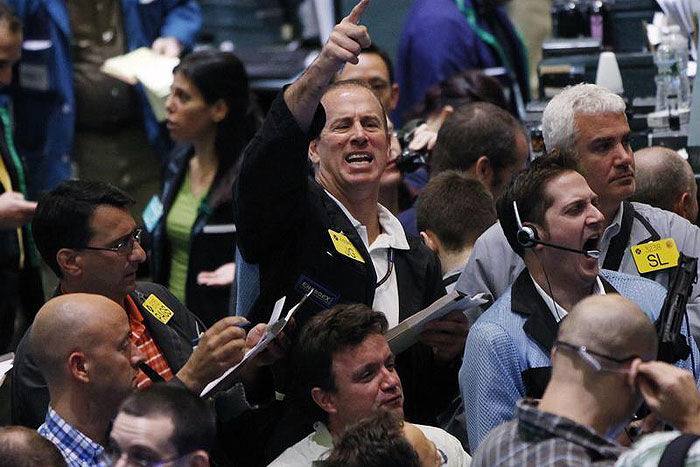Fereidoon Barkeshly, director of the Vienna Energy Studies Group, on the eve of the OPEC summit, wrote in a note to Shana:
“The 178th extraordinary meeting of the OPEC Ministers of petroleum and energy and non-OPEC producers will be held on March 5 and 6 (Thursday and Friday) at OPEC Secretariat in Vienna. This summit is very important and could even be referred to as a historic summit.
“On the one hand, spread of the coronavirus caused a fatal blow to demand. In fact, it cannot be said that demand has fallen sharply, but it has actually been destroyed. The events that led to the fall of demand came amidst circumstances that had already made the global oil market vulnerable.
“The US-China trade war has brought confusion and bewilderment in the market decision-making processes since 2018. The trade battle between the two countries, which together account for nearly half of the world's GDP, has shaken market structures. On the one hand, the export-oriented economy of China and on the other hand, the import-based economy of the United States, have sent distressing messages to the market.
“Meanwhile, when the coronavirus reached an endemic stage from an epidemic one and became global, the vulnerable and damaged global oil market reacted with disappointment. Saudi Arabia called for an emergency meeting. The request was met with a backlash from Russia and members of OPEC+. The Saudi King repeatedly tried to persuade President Putin to join an emergency meeting, but to no avail. The same Russian reaction sent the message that Russia might not be ready to cooperate further in deepening the output cuts from the levels agreed in the December 6 2019 meeting, and likely intends to pass on all or most of the weight the cuts to Saudi Arabia and OPEC.
“On the supply side, the situation is also ambiguous. The United States alone has created roughly 10 million barrels a day of new production capacity since 2017. By boycotting large producers such as Venezuela and Iran, the United States has created a suitable space and market for its shale crude output. Meanwhile, facing domestic problems, Libya has nearly one million barrels of oil ready to be marketed daily.
“In the meantime, other unpalatable events have hit the market and OPEC. The IMO-2020 treaty has put the world’s maritime transportation industry in a difficult position. Oil and other commercial vessels are required to consumed fuel oil with less than 1.5 percent sulfur content; as a result, a large volume of fuel oil produced by OPEC member states has remained unsold.
“Environmentalists, on the other hand, do not miss out on any opportunity to hit oil and even gas.
“Against this background, the March 5 and 6 meetings are crucial for the OPEC member and non-member producers and the global crude oil markets. It would be fair to said that the future of OPEC and non-OPEC cooperation would be determined in the next few days.”


Your Comment